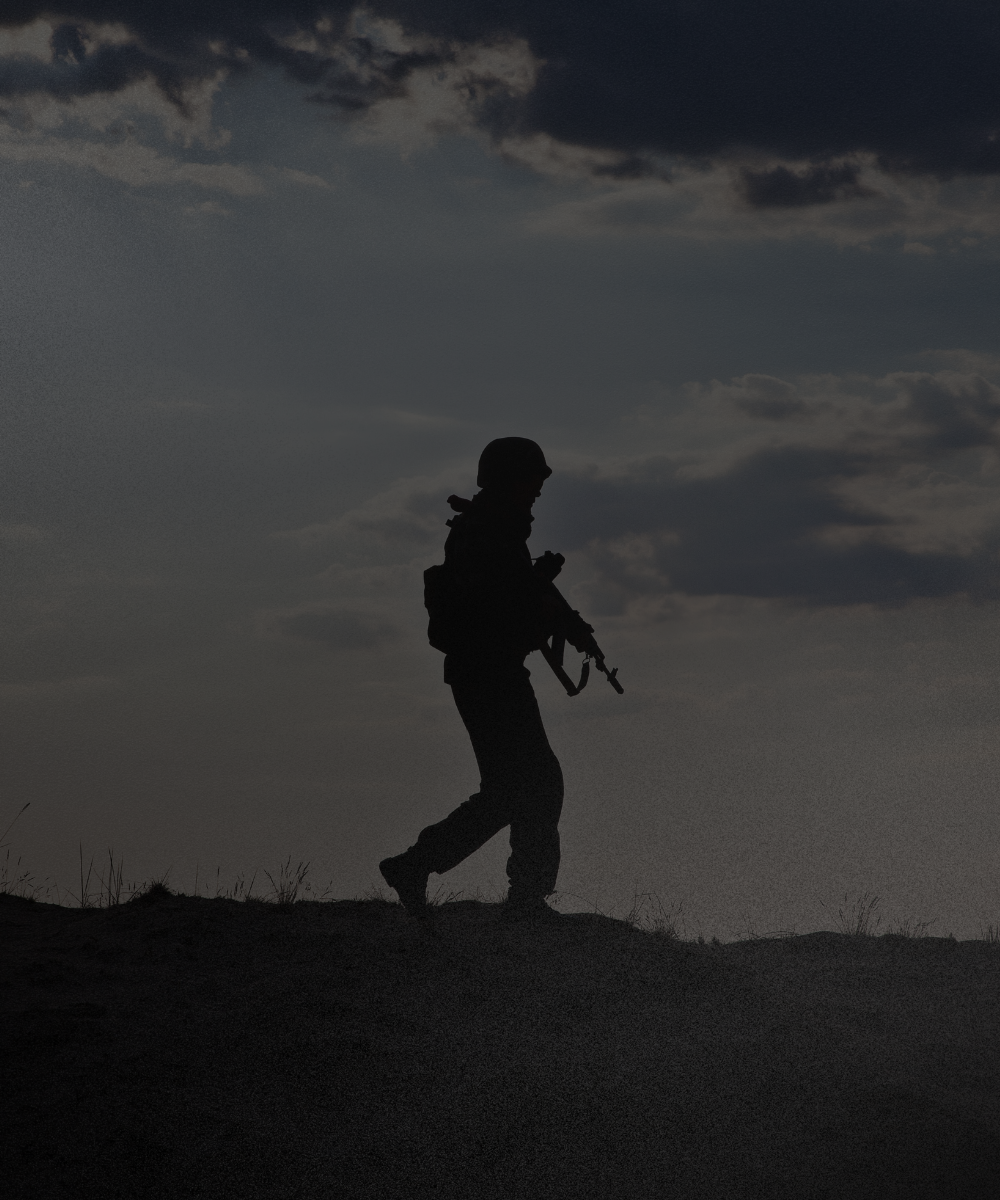
The Plight of UK Veterans in the Justice System
UK veterans comprise 3.5% of the prison population. Key issues include substance abuse and the need for further research to explore pathways from military service to criminal behaviour.
- Published On:
The Plight of UK Veterans in the Justice System
The relationship between military service and subsequent involvement in the criminal justice system has long been a subject of debate and concern, particularly in the context of veterans from the United Kingdom. This blog post delves into the findings of a comprehensive literature review by The Royal British Legion, highlighting key statistics and insights that shed light on the challenges faced by UK veterans.
Join Societas Arcana
Become part of a supportive community of veterans dedicated to empowering each other and making a positive impact. At Societas Arcana, you'll find camaraderie, resources, and opportunities to grow both personally and professionally. Join us today and be part of something greater.
The Scope of Veteran Incarceration
One of the most revealing aspects of the study is the presence of veterans in prisons across England and Wales. Recent research from Defence Analytical Services and Advice (DASA) indicates that veterans make up approximately 3.5% of the total prison population, numbering around 2,820 individuals. These veterans are found to be 30% less likely to be incarcerated compared to non-veterans, a statistic that contrasts sharply with often sensationalized media portrayals.
Interestingly, the types of offenses for which veterans are incarcerated mirror those seen in the general population, with a significant proportion involving violence against the person, sexual offenses, and drug-related crimes. However, it is noteworthy that veterans are less likely to be imprisoned for all offense types except for sexual offenses, where they appear disproportionately represented.
Comparative Analysis with the United States
The study also provides a comparative perspective with the United States, revealing both similarities and differences. For instance, US veterans have experienced a decline in the proportion of those incarcerated from 20% in 1986 to 10% in 2004. Despite this, the overall number of veterans in US prisons increased by 50,000 from 1985 to 2000, underscoring a complex dynamic that includes factors such as age and changing veteran demographics.
If you think nobody cares if you're alive, try missing a couple of car payments.
Earl Wilson
Veteran Demographics and Crime
The DASA study provides further granularity on the demographics of incarcerated veterans. Interestingly, only 1% of veterans in UK prisons held officer rank, suggesting an underrepresentation compared to their proportion in the Armed Forces. The majority of these veterans are aged between 18 and 44, with a smaller but significant group aged 45 years and older.
Veterans' journey from discharge to incarceration is also notable, with 41% commencing their current prison sentence within 10 years of leaving service. This timeline highlights the potential challenges veterans face in transitioning to civilian life and the need for targeted support during this critical period.
Substance Abuse and Criminal Behavior
Substance abuse emerges as a significant factor in the criminal behavior of veterans, with 10% of incarcerated UK veterans imprisoned for drug offenses, a rate that is substantially lower than that of the general population. The influence of alcohol is also significant, with studies suggesting a linkage between military culture and subsequent alcohol-related issues amongst veterans.
The Need for Further Research
Despite the insights gained, the literature underscores a clear need for further research, particularly qualitative studies that could elucidate the pathways leading from military service to criminal behavior. Such research is essential for developing effective interventions and support systems for veterans, potentially mitigating their over-representation in the criminal justice system.
Transitioning to civilian life is like trading combat boots for loafers and wondering if you can still run from your problems.
Ant Williams
Conclusion
The plight of UK veterans within the criminal justice system is complex and multifaceted. While they are less likely to be incarcerated than their civilian counterparts, the reasons for their involvement in crime, particularly violent and sexual offenses, necessitate a deeper exploration. This understanding is crucial for shaping policies and support mechanisms that address the unique needs of veterans and assist in their reintegration into civilian life.
About the Author
Navigating the world of HUMINT and social engineering, I've honed my skills in uncovering the unspoken, delving into the depths of human complexity with a blend of expertise and a dash of humour to navigate the unpredictable landscape of intelligence gathering.
LinkedIn